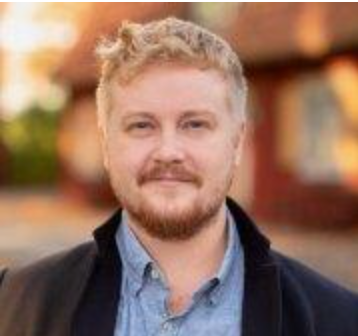Video
Evolution of Therapy and Destigmatizing ADHD
Author(s):
Transcript:
Theresa Cerulli, MD: Thanks to all of you for this rich and informative discussion. Before we conclude, I’d like to get your final thoughts. Any parting messages for our listeners, Dr Childress?
Ann C. Childress, MD: I’m very excited about the clinical trials that are going on. Hopefully COVID-19 [coronavirus disease 2019] won’t slow them down too much. We have so many drugs that are in development, and our landscape is going to be different. We’re going to have more options in the next 5 years.
Theresa Cerulli, MD: Dr Cutler?
Andrew J. Cutler, MD: I share Dr Childress’s enthusiasm. In my 20 years of working in the ADHD [attention deficit hyperactivity disorder] field and doing research, this is 1 of the more exciting times. Not only, as Dr Goodman mentioned, do we have a number of options already on the market to help us get sophisticated and refine our treatment, but we’ve got some really interesting medications in development. With our advances in technologies, we’ve learned more about the biology of the illness, and maybe we’ll learn more about targets for intervention. It’s a very exciting time, and I’m very optimistic.
Theresa Cerulli, MD: Dr Goodman?
David W. Goodman, MD: I’m very grateful to be a psychiatrist in these times. In more than 30-plus years of seeing patients with ADHD, there has been a remarkable evolution of research and deep stigmatization of ADHD. It’s not something that now holds people back, although there are cultural differences and access issues for African American and Hispanic communities. More and more people are availing themselves of treatments that are highly effective. Psychiatry has done a wonderful job at trying to educate primary care physicians who treat a major load of the mental health in the country. And they have more options.
I think patients are grateful. Frankly, if you have a job where every day you have the opportunity to hear someone who looks at you with a tear in their eye say, “Thank you for changing my life for the better,” that is the ultimate gratification and the service that we serve as psychiatrists and mental health professionals.
Theresa Cerulli, MD: Finally, Dr Wilens. Any parting comments?
Timothy E. Wilens, MD: First, I hate to agree so publicly with Dr Goodman, but I do in this situation. I have to say, and I’m sure everybody agrees, it is the most rewarding disorder I treat. It really is. You see people getting better right in front of you once you diagnose them, talk to them about the disorder, and treat them. It really changes people’s lives, and it’s super-rewarding to take care of people. You hear all this ominous stuff that we talk about, but at the end of the day there is a patient and family and they get better.
I also want to underscore what everybody said during this whole time, which is that ADHD is a serious disorder. ADHD is something that really does need to be diagnosed and treated properly. If you do that and you treat people, they get better. We know they get better in the short term in front of you, but I’m also very excited by the long-term outcomes data showing improvements in virtually all the terrible things that we talked about that would happen if you don’t treat them.
Many of the things that we worry about actually get better with treatment in the long term. As everybody said, it’s a great group of people to work with. I encourage people to open your hearts, think about it, and open your practices to taking care of individuals through the life span of ADHD.
Theresa Cerulli, MD: Thank you again, and thank you to our viewing audience. We hope you found this HCPLive® Peer Exchange® discussion to be useful and informative, and we look forward to having you join us for future programs.
Transcript Edited for Cla





